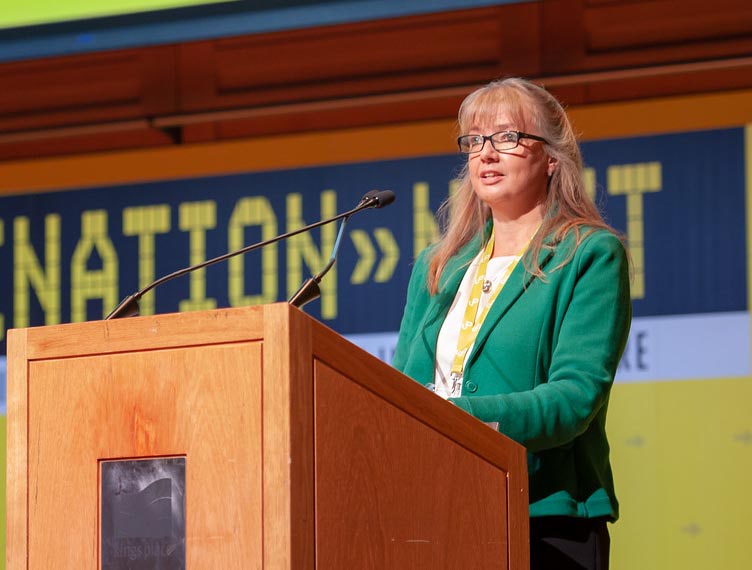Business Collaboration Can Transform Careers Advice

Kings Cross businesses ready local students for exams and beyond
Recognising the need to build stronger links between businesses and schools, successive governments have sought to innovate to improve careers advice. The debate around the quality and success of these initiatives is not new, and nor is it going away anytime soon.
Innovations such as the Careers and Enterprise Company, established in 2015 to help link schools and colleges to employers, have proved invaluable. But too many businesses remain uncertain about how best to make these links.
As businesses, we know we want to get involved more but are often unsure how.
Recent experience has taught me that if we are to really see the change required to transform business interaction with students, then it will be based on business collaboration. Individual businesses often find it daunting when faced with working out how best they can work with schools to enhance careers advice. And, while they will feel confident in being able to deliver some advice and support, almost all businesses will lack the expertise and resource to deliver a holistic service. After all, we should not expect a retail business to be best placed to advise a student interested in becoming an engineer, on how to go about it.
That’s why we believe that working together can make a real difference and allow businesses to provide a comprehensive solution in a way that we wouldn’t be able to deliver individually.
It’s not even just about careers either. We have found that businesses can play a crucial role educationally too.
Take the Homework Club, which we, a voluntary business partnership in Euston, King’s Cross and St Pancras, set up in 2016 when we became aware that many young people in the area didn’t have a quiet space at home to study. In response to this, working with Eurostar we launched an innovative pilot scheme to provide young people with an inspiring place to do their homework after school.
The Homework Club pilot proved a huge success with the students enjoying the exclusivity and club-like atmosphere. This quickly progressed to students receiving tutorials from member business employees to support them with their A-Levels.
Three years down the line, and volunteer staff from member business now provide weekly tailored tutoring across the full gamut of A-level subjects for 50 local students.
What started as an education initiative, has naturally increasingly become more careers focused as well. Whether it’s ad hoc advice on the skills and qualifications required for different careers or providing the students with taster days in a member business that they have expressed interest in, the Homework Club has organically become a hub for careers advice. The regularity of the initiative also means that volunteer staff can host tailored classes on different aspects of careers support across the year, ranging from LinkedIn tutorials to supporting students with university applications.
There are indirect benefits too. By simply spending the two hours every Thursday at the Homework Club, students familiarise themselves with a business environment. It helps them feel comfortable in what can initially be quite a daunting space.
Naturally, we also see real value in this initiative for ourselves. Employees love the opportunity to volunteer in a meaningful and engaging way, and we as businesses benefit from a better trained local talent pool.
Of course, it’s not the same in every area; different businesses and schools will have different resources and needs. But we firmly believe that the collaboration underpinning the Homework Club, offers a model that others can draw upon.
We know that many businesses want to support young people and want to forge closer links with students in their communities, but it is a daunting process. The best way to get around this is collaboration.
By bringing businesses’ different strengths together, and pooling resources, it can become a much more manageable and worthwhile activity. Ultimately, it makes business sense too. The more we as businesses can invest in our future talent pool, the higher the dividends.
Wendy Spinks, Chair of Urban Partners and Commercial Director HS1 Ltd.












Responses